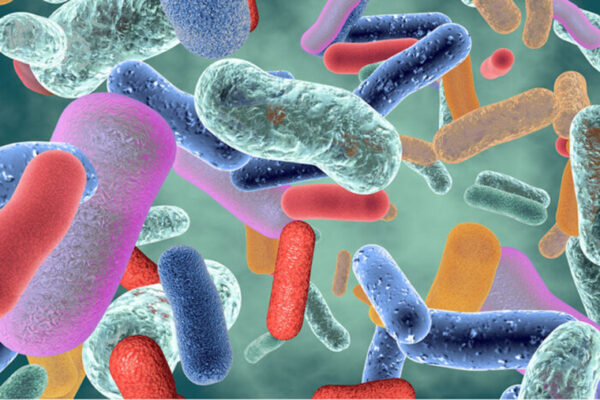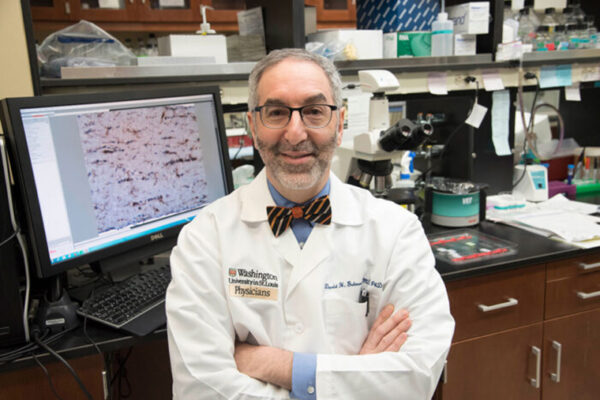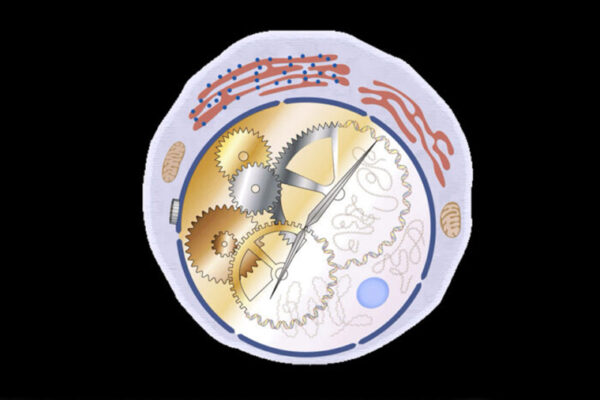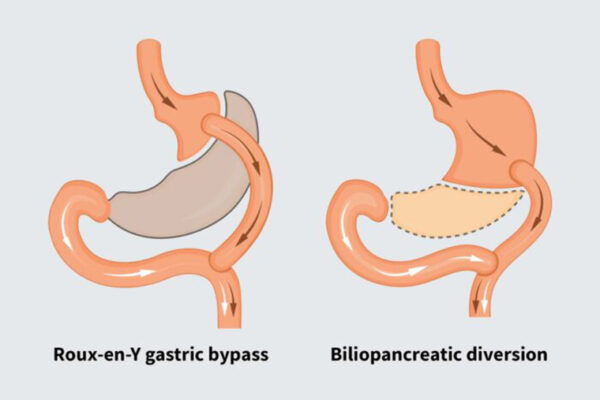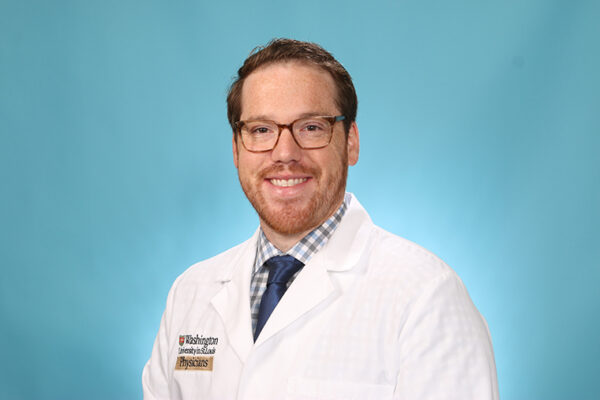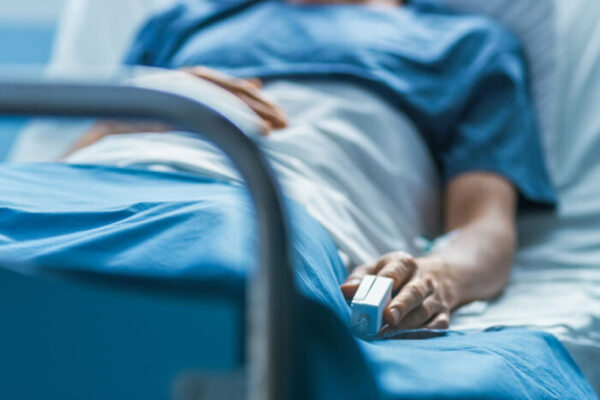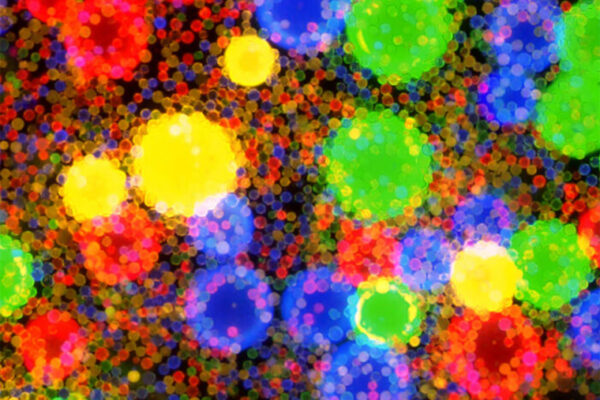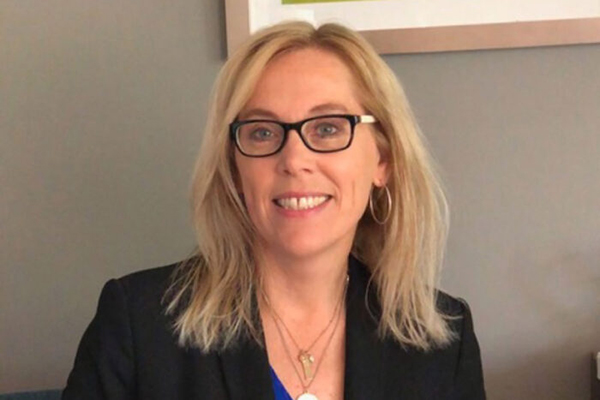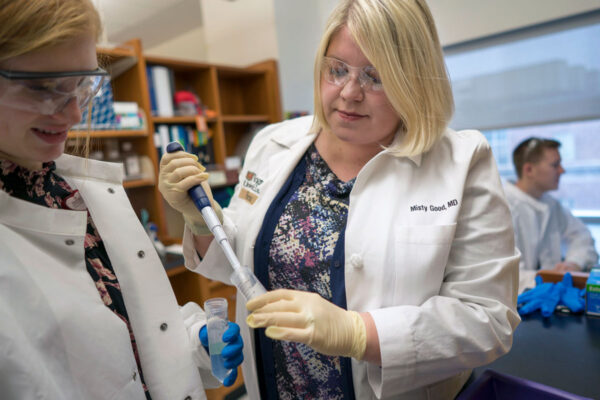NIH gives major boost to microbiome research on Medical Campus
A longtime leader in microbiome research, the School of Medicine plans to expand research into the microbiome with a new mouse facility that will further enable researchers to understand how microbes influence health and disease. The facility will be funded with an $8 million grant from the National Institutes of Health and an additional $2.8 million from the School of Medicine.
Gutmann to be fellow at Berlin Institute of Health
David Gutmann, MD, PhD, the Donald O. Schnuck Family Professor of Neurology at the School of Medicine, has received a second Einstein Visiting Fellowship from the Berlin Institute of Health to study how immune cells in the brain known as microglia are linked to cancer, vision loss and behavioral problems in the disease neurofibromatosis type 1.
Scientists find timekeepers of gut’s immune system
An immune cell that helps set the daily rhythms of the digestive system has been identified by researchers at the School of Medicine. The findings open the door to new treatments for digestive ailments targeting such cells.
Uncommon weight-loss surgery best for reducing diabetes risk
One of the most frequently performed weight-loss surgeries in the world — Roux-en-Y gastric bypass — is effective, but another procedure rarely performed in the U.S. appears to be more effective at eliminating type 2 diabetes in patients with obesity. A study from the School of Medicine explains why.
Brestoff receives prestigious medical scientists award
Obesity expert Jonathan R. Brestoff, MD, PhD, assistant professor of pathology and immunology at Washington University School of Medicine in St. Louis, has received a 2019 Career Award for Medical Scientists from the Burroughs Wellcome Fund, a nonprofit organization dedicated to biomedical science through research and education.
NIH funds centers to improve, diversify reference human genome
The National Institutes of Health (NIH) will provide $29.5 million to Washington University School of Medicine in St. Louis and collaborating institutions to improve the accuracy and diversity of the reference human genome sequence. The aim is to better reflect the spectrum of human diversity and make the reference genome a more useful research tool.
For hospitalized patients with fungal infections, specialists save lives
Fungal bloodstream infections are responsible for the deaths of more than 10,000 people every year. New research from the School of Medicine shows that the death rate can be reduced by 20% if infectious disease specialists oversee care of such patients.
For gut microbes, not all types of fiber are created equal
Certain human gut microbes with links to health thrive when fed specific types of ingredients in dietary fibers, according to a new study from Washington University School of Medicine in St. Louis.
Brantmeier named faculty fellow in international research
Cindy Brantmeier has been named the university’s first faculty fellow in international research. She will advise faculty on the Danforth and Medical campuses on conducting international research and achieving effective collaborations with international partners.
School of Medicine receives award to develop physician-scientists
Aiming to encourage and inspire more physicians to develop careers that blend scientific research with patient care, the Burroughs Wellcome Fund has announced that Washington University School of Medicine in St. Louis will receive a prestigious, $2.5 million Physician-Scientist Institutional Award.
View More Stories
